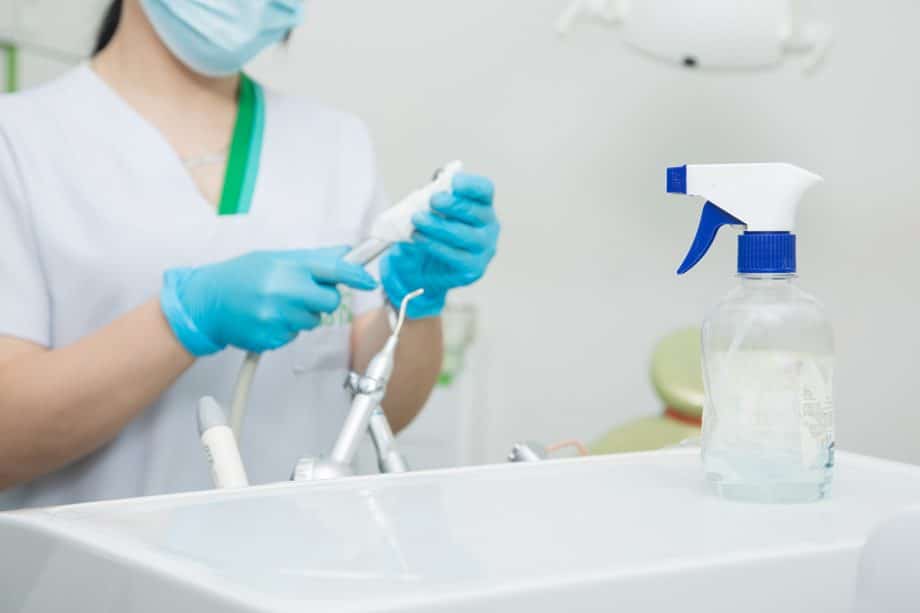Dental cleanings are safe and effective, helping preserve oral health. The gentle procedure does not damage teeth or gums.
Some patients feel concerned because they have experienced minor soreness and bleeding gums with dental cleanings. Discomfort during a dental cleaning generally means that the patient's gums are swollen and inflamed due to poor oral hygiene or developing gum disease. A routine cleaning is the first step toward establishing a healthy smile.
How Dental Cleanings Work
Dentists want their patients to understand what happens during cleaning and how this simple process can improve oral health.
Step 1: Hygienist Examination
Initially, your hygienist will check your teeth using a handheld tool called an explorer and a small mirror. They will examine every tooth for signs of decay and evaluate your oral health.
Step 2: X-Rays
Digital X-rays commonly happen annually, but your dentist may recommend more or fewer scans depending on your oral health. Today's digital X-rays are safer and faster than the film X-rays you may remember from decades past. They use close to 90 percent less radiation than film X-rays. These images help your dentist find hidden issues and check on your fillings and crowns.
Step 3: Scaling
The hygienist carefully scrapes every trace of tartar, plaque, and food from tooth surfaces above and below the gum line. They may use a metal instrument called a scaler, an ultrasonic instrument, or a water-powered scaler. Scaling is a crucial step to help prevent gum disease.
Step 4: Polishing
Next, the hygienist applies a small amount of gritty yet gentle toothpaste to a spinning cleaning tool. This slightly abrasive toothpaste polishes away stains and leaves your teeth feeling smooth and clean. The toothpaste is not abrasive enough to damage your enamel.
Step 5: Flossing
Your hygienist will floss your teeth with an expert touch. They will teach you the best techniques for keeping both your teeth and gums clean and healthy.
Step 6: Dental Examination
As the last step, your dentist will visit and check your teeth. They will answer your questions about your oral health and any potential next steps in getting dental work done. The dentist will also check you for signs of oral cancer, which is very treatable when detected early.
Frequently Asked Questions About Dental Cleanings
I brush and floss every day and have no cavities. Why do I need a teeth cleaning?
Good oral hygiene will give you an advantage but may not be enough to prevent gum disease and tooth decay. Only a professional cleaning can remove tartar, the primary source of bacterial toxins that cause gum disease.
Why does cleaning make my gums bleed?
If you notice bleeding gums during a dental cleaning, you probably have gingivitis or a more advanced form of gum disease. Proper dental care and improved at-home hygiene can reverse gingivitis but cannot reverse the later stages of gum disease.
Call Dentistry of Mendham
Even if you have not had a cleaning in some time, we would be glad to see you and help you achieve better oral health. Please call our Mendham, NJ, office at 973-543-5700 to schedule your appointment today.

